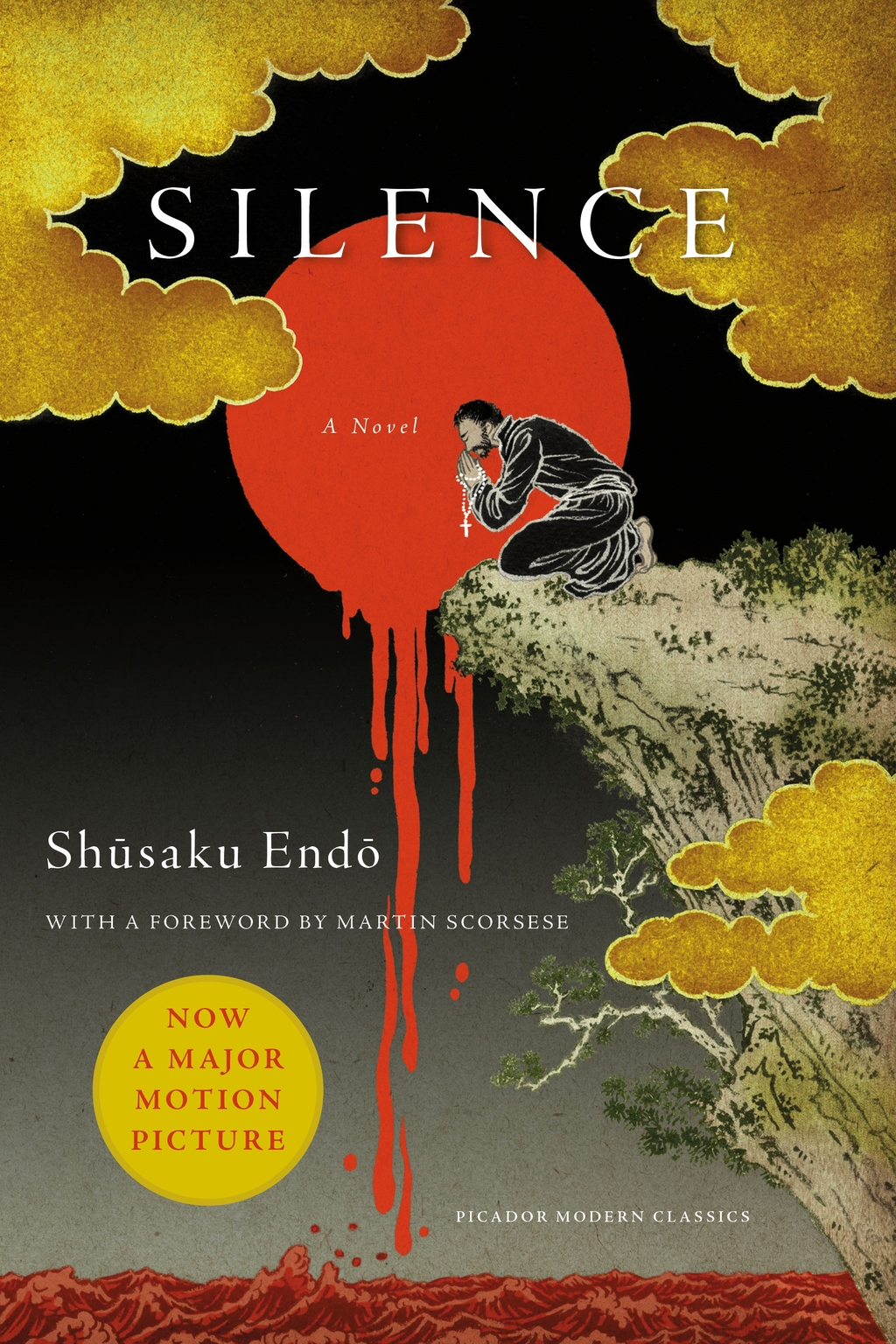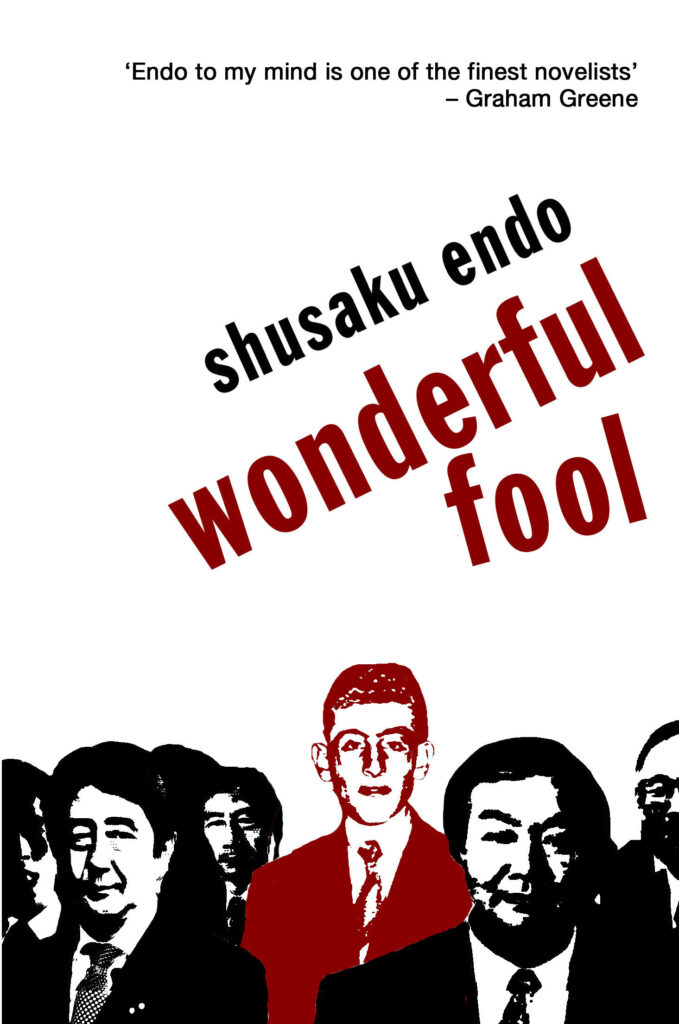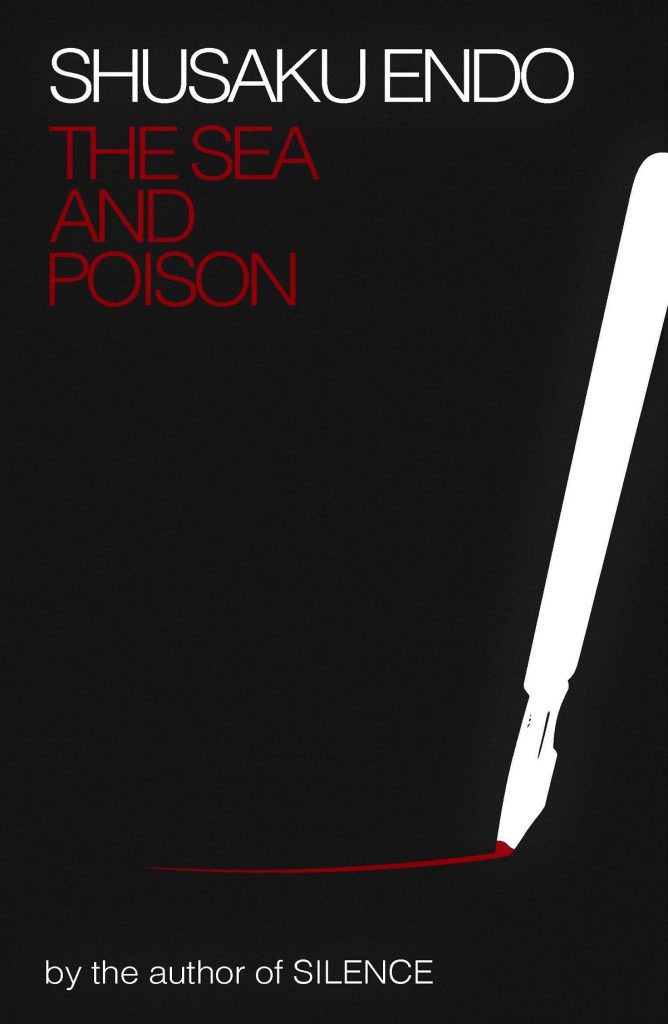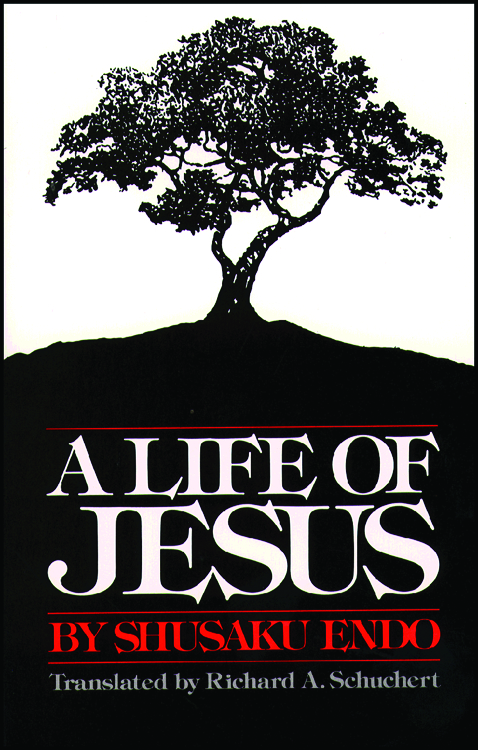The Beautiful Silence of Shusaku Endo Novels
The author of probably the 20th century’s most profoundly spiritual novels, Shusaku Endo is often overlooked in terms of his influence and impact on world literature. Sidelined, perhaps, due to the international acclaim for Japan’s Nobel laureates Yasunari Kawabata and Kenzaburo Oe and the popularity of superstar writers Haruki Murakami and Banana Yoshimoto, Endo sits quietly in the margins. The Tokyo-native, however, has been brought back into literary and cultural consciousness partly because of the cinematic adaptation of his tour de force Silence by Hollywood great Martin Scorsese in 2016.
Endo, a Roman Catholic and Francophile due to his time studying at the University of Lyon in the 1950s, wrote some of the last century’s greatest Japanese novels. They approached, with deft skills, themes of spirituality, Christianity, faith, guilt, empathy, life as an outsider and a frail and crumbling humanity which reflects profound experience and a poetic vulnerability. Here we choose four of Endo’s greatest works.

Silence (1966)
Silence documents the beginning of Christianity in Japan during the 1600s and the ordeal of European missionaries sent to convert the masses (often in secret, in order to avoid detection and torture from the local daimyo or feudal lords). It’s a harrowing story but one which stays with the reader forever.
The silence that Endo wrote so movingly about was connected to God. That the unconditional love of God is just as powerful as when they are silent. Atrocities, wars, genocide, racist attacks and hate, we live through it wondering why they are silent and that leaves humanity with a crushing feeling of helplessness. Or perhaps, Endo posits, they were there all along. The answer, or an answer, is found near the denouement of Silence when Jesus speaks to the priest Rodrigues. “I understand your pain and your suffering. It is for that reason that I am here. I was not silent. I suffered beside you.”
The faith of the Catholic missionaries that visited Japan in the 1600s was, essentially, faced with an agonizing and outstanding silence. One look at Martin Scorsese’s epic 2016 adaptation of Silence and viewers are quickly faced with this deafening spiritual stillness. Torture, crucifixion and priests subjected to fumi-e (stamping on religious imagery) was par for the course in those days and the fact that Japan has any living and practicing Christians is testament to those very missionaries from 400 years ago. With the waves overcoming them, crucified at sea, praying to God to help, to receive them, they called and received nothing in return.

Wonderful Fools (1959)
Anyone who has lived abroad will fall in love with this novel. In some ways, it’s hard to believe it’s written by the same author of Silence. Comedic, pithy and insightful, the story of Gaston Bonaparte will resonate with foreigners learning to adapt in an unknown land. Bonaparte’s chaotic journey in Japan still holds true today and the innate naivety and ludicrous nature of his spiritual quest will make any foreign residents of Japan wince with shame and empathy. It’s a funny novel, but at its heart is a narrative concerning the purest nature of humanity and the multifarious aspects and calamities of being a human.

The Sea and Poison (1958)
Nihilistic, brutal and damning of the depths that humanity can sink, The Sea and Poison is a heartbreaking and particularly black novel. The story of a hospital in Japan practicing vivisection on captured American soldiers at the tail end of WWII, Endo turns his narrative, this time, to examine the capacity and understanding of evil. In some ways, it’s the antithesis of Silence which centers on faith and an inherent and unwavering love of God in the face of intense bigotry. The Sea and Poison really makes the reader squirm with a story about how we can lose sight of our moral compass. The novel was later adapted into an acclaimed film in 1986 directed by Kei Kumai, starring Eiji Okuda, Ken Watanabe and Takahiro Tamura.

A Life of Jesus (1973)
Returning to his life’s central creative and spiritual ethos, Endo’s A Life of Jesus is one of a multitude of different versions of Christ’s life. Careful not to call this novel “The Life of Jesus,” this is very much Endo’s own Jesus, his own interpretation written through his own distinctly Japanese lens. This particular narrative was originally intended, according to Endo, “to make Jesus understandable in terms of the religious psychology of my non-Christian countrymen and thus to demonstrate that Jesus is not alien to their religious sensibilities.” Beautiful, full of empathy and compassion, A Life of Jesus is a stunning piece of writing and brings the reader to the heart of Endo’s beliefs and artistic vision.
